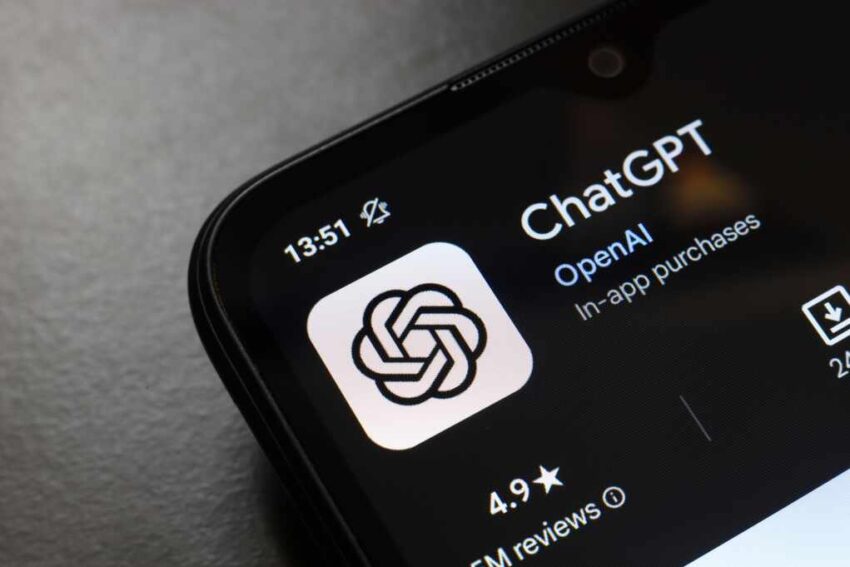A wave of concern is sweeping through digital wellness spaces as a federal court order is compelling OpenAI to retain all consumer ChatGPT conversations, undermining the expectation of privacy and exposing personal AI‑therapy chats to legal scrutiny.
At a Glance
- A U.S. judge has ordered OpenAI to indefinitely retain all ChatGPT conversations, including deleted ones.
- The order stems from a copyright lawsuit filed by The New York Times in December 2023.
- OpenAI is appealing, arguing the order overrides deletions and privacy commitments.
- ChatGPT therapy‑style conversations lack legal confidentiality protections like HIPAA.
- Sam Altman has called for urgent legal reform to protect AI conversations from legal exposure.
The Therapy Chat Privacy Problem
Since late 2022, many users have turned to ChatGPT as a pseudo‑therapist, seeking emotional support and personal advice. Unlike licensed professionals, however, these AI platforms offer no statutory or ethical confidentiality protections. In July 2025, OpenAI’s CEO Sam Altman warned that therapy‑style conversations with AI could be subject to court orders in lawsuits and lack legal privileges like those protecting licensed therapists or lawyers.
Watch a report: Your AI Therapist Might Testify Against You · YouTube
The root of the issue lies in a May 13, 2025 court ruling by Magistrate Judge Ona T. Wang. In the context of a copyright infringement lawsuit brought by The New York Times and others, she ordered OpenAI to “preserve and segregate all output log data that would otherwise be deleted” — regardless of user deletion requests or privacy regulations. This mandate is unprecedented in scope, potentially affecting hundreds of millions of user interactions globally.
OpenAI initially resisted, arguing the order conflicted with its own data deletion policies, which automatically purge user chats within 30 days unless legal hold applies. OpenAI emphasized that forced retention would violate user expectations and require significant engineering changes.
Legal Fallout & The Call for Reform
Despite those objections, on June 26, 2025 District Judge Sidney Stein affirmed the order, pointing to OpenAI’s terms of service that allow preservation for legal compliance and rejecting user privacy arguments. OpenAI is now appealing to overturn the preservation requirement, describing it as “sweeping” and “unnecessary.”
The fallout is far‑reaching. Privacy advocates warn that this ruling sets a dangerous precedent: chat logs once promised to be deleted could be retained indefinitely and possibly subpoenaed in future litigation. In practice, many users—including those seeking emotional or sensitive support—may unknowingly expose their private conversations to legal scrutiny.
Amid this, Sam Altman has advocated for legislative reforms to establish an “AI privilege”—akin to attorney‑client or doctor‑patient confidentiality—to safeguard conversational privacy in the digital age.
What Users Should Know
Until legal protections are enacted, any conversation with ChatGPT that touches on personal, intimate, or mental health topics may not be protected from discovery in legal proceedings. Deleted chats are no longer guaranteed to vanish. OpenAI’s Enterprise, Edu, and Zero Data Retention API customers remain exempt from the order—but users of Free, Plus, Pro, and Team plans are affected.
Users concerned about privacy may consider avoiding sharing highly sensitive information in AI conversations, reviewing data retention settings, or seeking support through platforms that offer statutory confidentiality assurances.
Click this link for the original source of this article.
Author: Editor
This content is courtesy of, and owned and copyrighted by, https://deepstatetribunal.com and its author. This content is made available by use of the public RSS feed offered by the host site and is used for educational purposes only. If you are the author or represent the host site and would like this content removed now and in the future, please contact USSANews.com using the email address in the Contact page found in the website menu.








